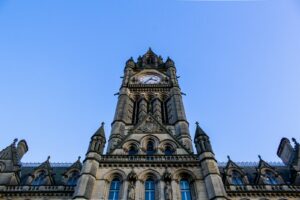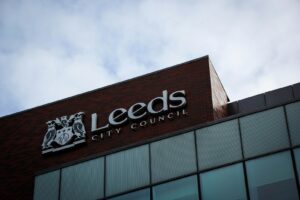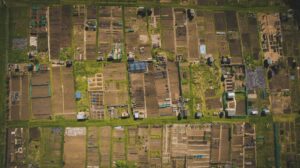People in England and Wales are preparing to vote in the next local election – the biggest test of electoral opinion before the main event hits at the beginning of 2025.
Local elections are due to start on Thursday 2nd May and, arguably, this year’s event has been the most anticipated. Most of the seats up for grabs were last fought in 2021 after the Covid-19 pandemic delayed the 2020 elections. During this period, Boris Johnson was riding high from a successful vaccine rollout which made it the Conservatives best local election performance since 2008.
However, in three years we have seen two Prime Ministers take over from Johnson’s role, the country spiral into a cost-of-living crisis, controversial new legislations passed regarding immigration and NHS wait times hit record-breaking highs. These are just a mere handful of examples which could have contributed to Rishi Sunak’s party trailing 20 points behind Labour in the polls. The Conservatives have also endured several damaging by-election defeats involving massive swings.
Before voting begins, here’s all the information you’ll need regarding the local elections 2024.
How to vote
Polls for the local elections are due to open at 7am and close at 10pm and there are three ways to cast your vote.
These include:
- In person at your local polling station
- Postal vote
- Appointing somebody else to vote on your behalf
To vote you must be aged 18 or over and registered at an address in the area you wish to vote in. In addition, rules that were introduced last year mean you must take a valid form of photographic ID with you – the accepted forms of ID can be found here.
Where are the elections happening?
Local elections are happening across 107 English councils, including 31 metropolitan boroughs, 18 unitary councils and 58 district councils. As well as people being able to vote for the party they want to dominate their area, the public will also be casting their verdict on 10 metro mayors across the country.
There are nine mayoral elections for combined authorities. These are happening in the East Midlands, Greater Manchester, North East, South Yorkshire, Tees Valley, West Midlands, West Yorkshire, Liverpool City Region, York and North Yorkshire.
Three of these mayoral posts in the North East, East Midlands and York and North Yorkshire are newly created and will be holding their inaugural election, which will use the first-past-the-post system that is used in general elections.
Moreover, Sadiq Khan – the current Mayor of London – is running for a third term and there will also be elections to the London Assembly with 25 seats available.
Overall in England, 2,636 seats are up for grabs – the smallest number recorded of any local electoral cycle. Likewise, police and crime commissioners (PCCs) are also being elected across England and Wales, with 33 in the former and four in the latter. PCCs are vital to ensuring that local police officers are meeting the needs of community’s.
How many seats are parties defending?
The Conservatives are guarding 985 seats, Labour 965, the Liberal Democrats 410, the Greens hold 107 seats, while independents have 112 and other parties the remaining 57.
As it stands, Labour has majority control in 45 of the 107 councils, the Conservatives control 18 and the Lib Dems 10.
When will the results come in?
In the morning on Friday 3rd May around 35 councils will declare their results – Broxbourne, a town located in Hertfordshire, will be the first to kick this off at around half past midnight.
Hartlepool, situated in the North East, will be next to follow at 1.30am, then Rochford at the same time and Sunderland at 1.50am, and Gosport and Newcastle-upon-Tyne at 2am.
By the time 6-7am rolls around, Lincoln, Southampton and Tameside will have announced their results and Winchester will follow at 8.30am.
At lunchtime on Friday, a further 48 councils will unveil their results with four mayors and 24 PCCs. Gloucester will be the last council to announce their results at 11pm.
However, it doesn’t stop there as the announcements trickle into the weekend. On Saturday, Liverpool, Manchester, West Midlands, West Yorkshire, South Yorkshire and London will declare who will be their next mayors.
Image: Elliott Stallion
Local elections: has the key to Levelling Up success been revealed?

















Leave a Reply